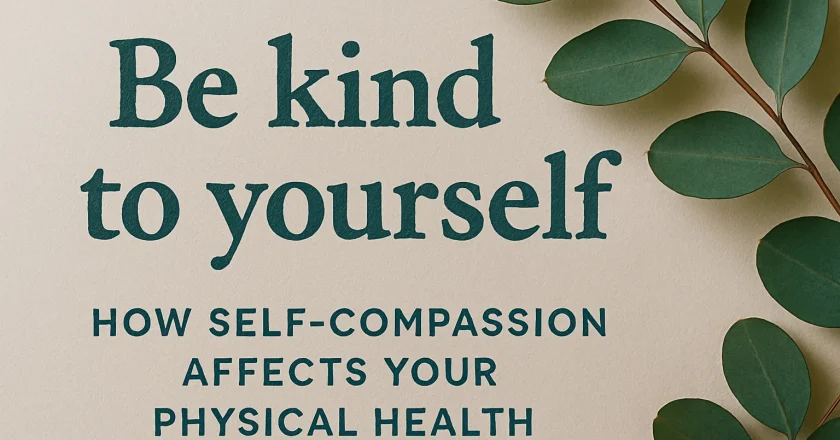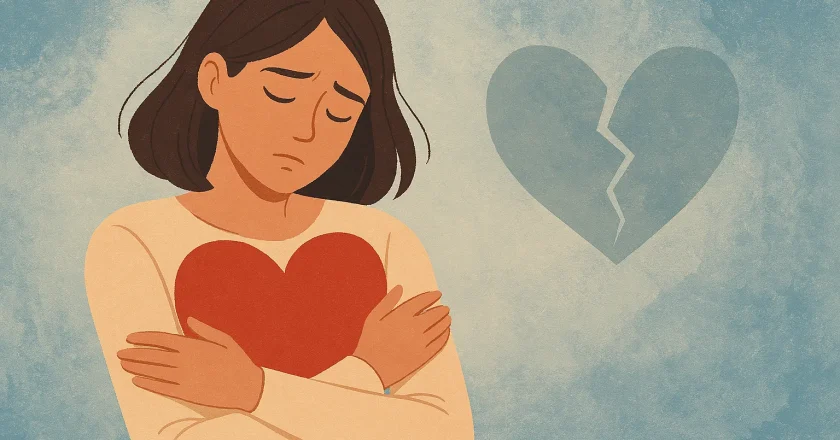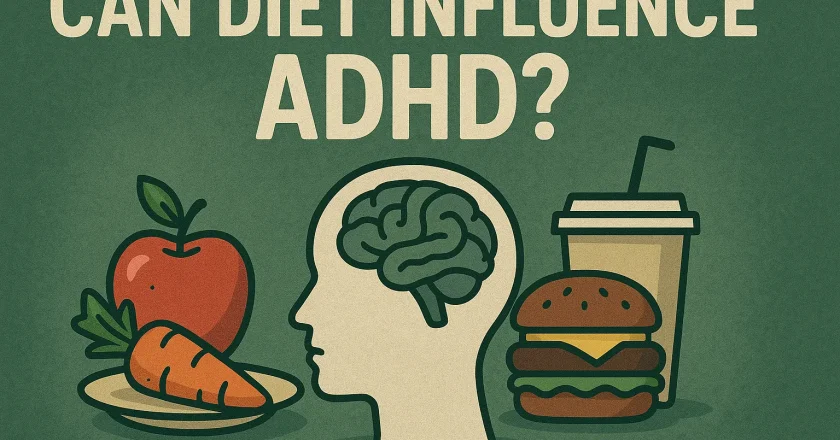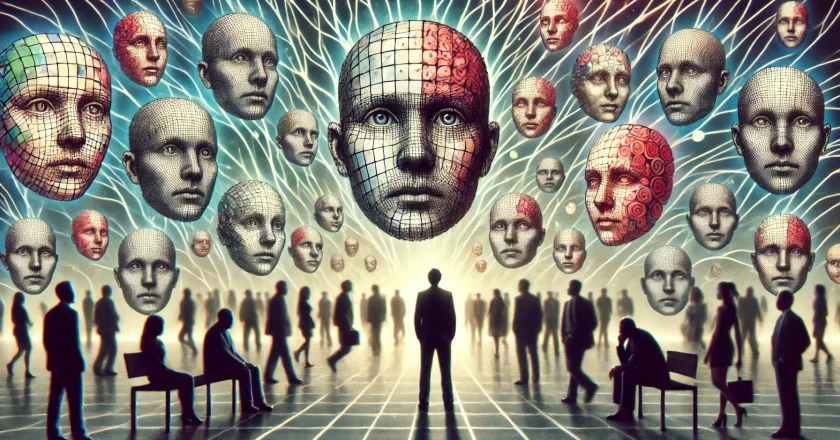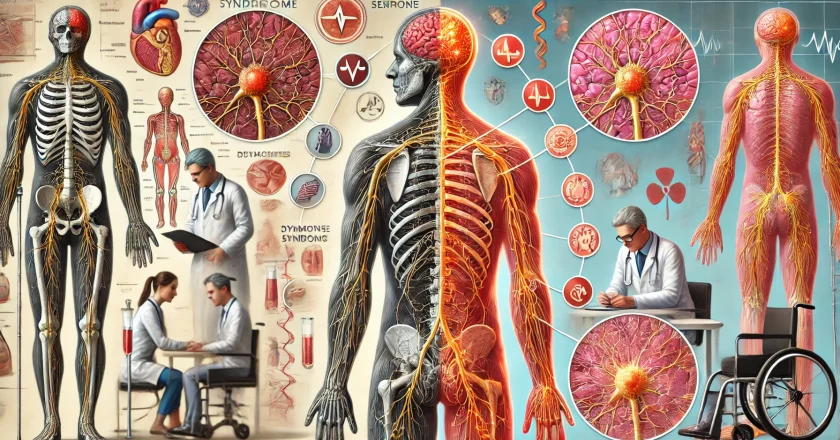Why Do We Miss Our Ex? Understanding Heartbreak & 50 Ways to Move On
Breakups can be emotionally exhausting, confusing, and even physically painful. No matter how things ended—whether it was mutual, sudden, or one-sided—the feeling of missing your ex can linger for weeks, months, or even years.
But why do we miss our ex in the first place? And more importantly, how can we move on without feeling like we’re drowning in heartache?
If you’re struggling with the post-breakup blues, this article will help you understand the psychology behind why we miss our ex and offer 50 practical ways to heal, let go, and move forward.
Why Do We Miss Our Ex? The Science Behind Heartbreak
Missing an ex isn’t just emotional—it’s also biochemical. Love is an addiction, and when we go through a breakup, our brain reacts just like a drug withdrawal.
Here are the main ...


